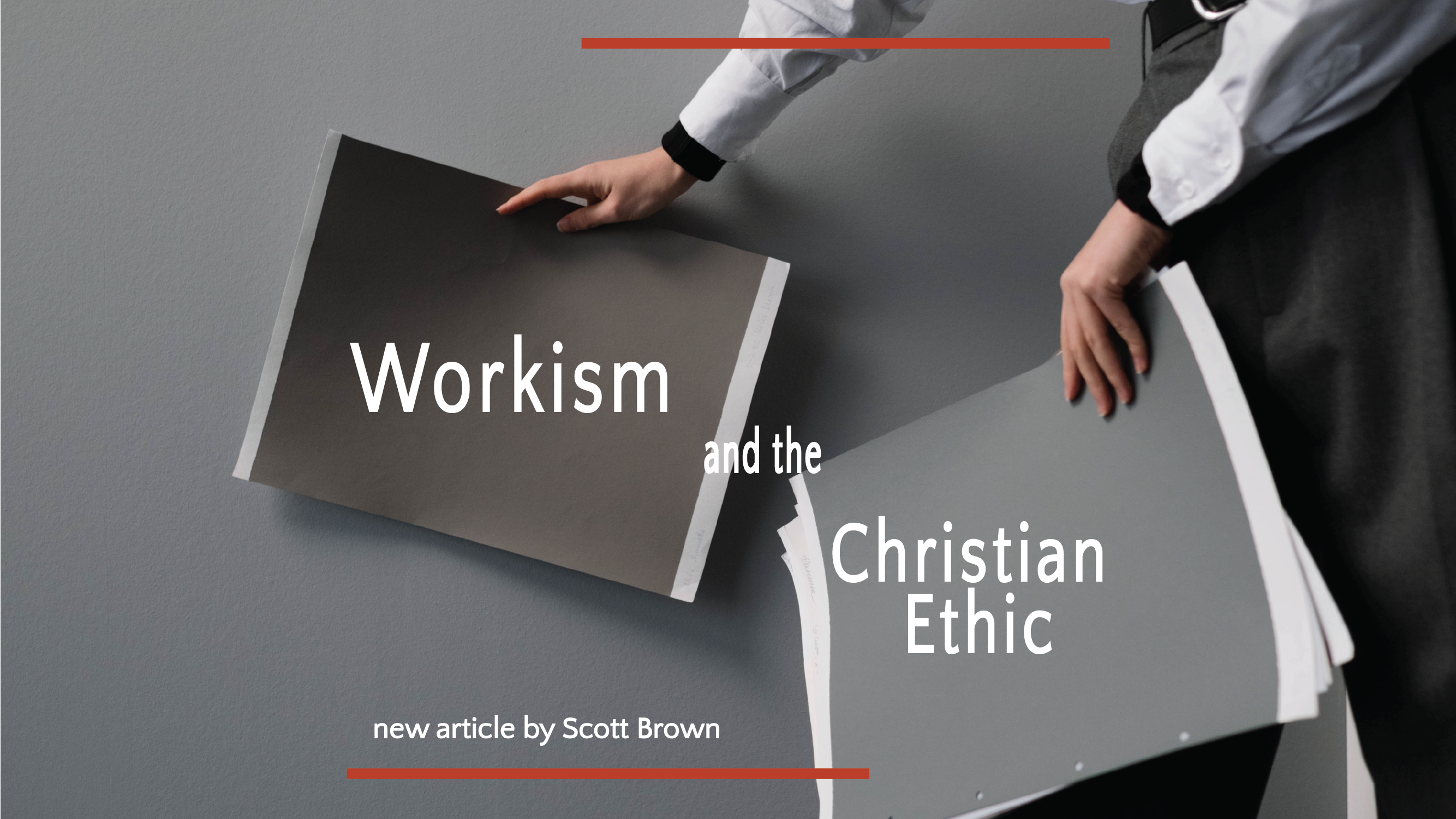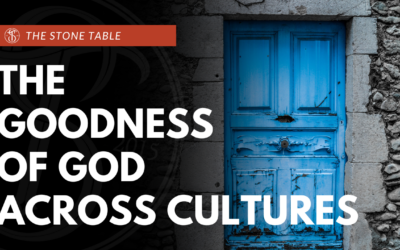Working hard and working with excellence are aspirations that cross barriers between faithful Christ followers and those outside of a relationship with Him. Work is honored, respected, and often gives people a sense of dignity or pride in their life – and not just in the Western world!
Work has been a part of life, culture, and society since the genesis of creation, and God specifically made that to be so. However, broken humanity has been twisting that creation since shortly thereafter.
Workism and Its Image
Workism presents the philosophy that work is the highest form of human existence – the notion that we were made specifically to work, and that work is the greatest expression of our value, qualities, or existence. While that may seem a bit rash for Christ-followers, it is not all that uncommon in today’s world; some even claim that it’s “America’s national religion”.
We can often fall victim to the depiction of our value being expressed most powerfully in our work, and often it is promoted that way as well. The “elite” get “elite roles” and the “less” get “lesser roles” – one becomes a CEO after graduating Harvard and the other gets a less-sightly role after graduating with their GED. Each is defined & valued based on their role in society. It seems a just play in today’s capitalistic eyes.
Workism defines your value by your work. Therefore, if you were a janitor (as I was), your human value is simply less than someone that is a doctor or surgeon. There is a class system established through workism; one if its less-noticeable symptoms.
If I’m a janitor, then I am “just a janitor”; but if I am a CEO, I am “the CEO of…”. Either one defines my identity, no matter how the dice land. That’s an aspect of workism philosophy.
Along with that comes the notion that working hard, long, and tenaciously will automatically generate for you wealth, success, and happiness. Your position on the ladder is therefore determined by your ability to “outwork” all the competition – a constant struggle to fight to climb over others on the way to the top. In that, workism throws no caution to the work-life balance and promotes the ideology that your overall well-being is acceptably trampled by your fierce work ethic. “This is the way”, they say.
Workism creates a false image and a false god. It takes God’s created picture for work, paints over it with man’s “better way” to success, and then sells it to the public at the cost of joy, peace, and satisfaction; all the while promising to the consumers that it is the greatest possible way to find your identity, value, and proper role in life.
The image of your work, title, or paycheck, replaces the image of God in your life. Suddenly, you are no longer inherently valuable because God has formed you from the womb (Psalm 139:13) and made you in His image & likeness (Genesis 1:27), but you are instead deemed valuable only based on your place in the new workist society.
Workism and Society
Society certainly casts a long shadow on the workism philosophy because often the ones that are rewarded are the ones that are seen working the hardest. While that seems a fair concept, one noticeable detriment is that whoever is willing to sacrifice more will then be the one that is promoted. Whomever is willing to neglect the self, family, and friendships more frequently to drive themselves toward the golden calf of success is the one that will then be rewarded by the superior officer that likely ran the same course to get there. Thus, we honor the sacrificing of values & relationships that are far more important than work, and in doing so, we honor the sacrifice of what the world is built upon: the family.

Society does not accept exemptions from workism without sacrifice. Therefore, the question becomes, “what are we willing to sacrifice?”
If salvation exists through work and our identity is found there, as workism preaches, then what will we sacrifice to get this salvation? And what kind of a savior is work?
The reality is, workism produces the pursuit of a means of worship. Worship itself is taken out of context and translated into worshipping work, which is a means of worshipping God. Are you following me?
This sort of distorted picture is what Western society often embraces as “the hustle” or the ultimate pursuit of dreams & goals through the relentless service, sacrifice, and enslavement to work. It becomes what we worship. Thus, it becomes what we call “god”, and it becomes what we look to as “savior”.
We know that workism cannot provide this salvation that we seek, for work is no form of savior to man. As the Bible says of Jesus,
“There is salvation in no one else, for there is no other name under heaven given among men by which we must be saved.” (Acts 4:12, ESV).
Knowing this, the repentant heart would exclaim,
“O wretched man that I am! Who will deliver me from this body of death?” (Romans 7:24, NKJV).
I’m glad you asked, Paul.
Workism and the Christian
Christians are special folk. Not that we are better than anyone else inherently, but we certainly have been given some “precious & very great promises” (2 Peter 1:4) to hang on to.
While workism may be a dominating factor in the marketplace and the population of the yet-to-be-redeemed, it need not be so for the Christian! Nay, for whomever is in Christ is a new creation! (2 Corinthians 5:17).
I was born-again into the New King James Version, so let me be me for a little bit there, okay?
With Christ’s redemptive sacrifice, our work has been redeemed, repurposed, into what it once was when God created it perfectly in the Garden. God’s given gift of work now becomes a vehicle of our worship. We no longer worship the vehicle, but we worship the One to whom it points – God.
Workism may be the religion of the nation, or the Western world, but in the life of the Christian, there is room for only one God. Whether our work is as a carpet cleaner or a stockbroker, we are redeemed in Christ because of His sacrifice on our behalf. This means that our work is no longer our scale for merit or our thermometer for how much we are valued because all are one in Christ Jesus (Galatians 3:28).
Each of us has been uniquely gifted (Ephesians 4:7, Romans 12:6) and called into a role. God has planted each of us in a field where we are to do His work to love God and love people, while drawing our work into worship through the power of the Holy Spirit.
Workism has no power over the redeemed Christian (Romans 8:2). Workism cannot separate us from the love of God (Romans 8:31) and it cannot overtake us in any way, as long as we do not allow it to do so (1 Corinthians 10:13).
By abiding in Christ, workism is a sickly leaf that is sure to be cut off from our branch.
“Abide in Me, and I in you. As the branch cannot bear fruit by itself, unless it abides in the vine, neither can you, unless you abide in Me.” (John 15:4, ESV).







